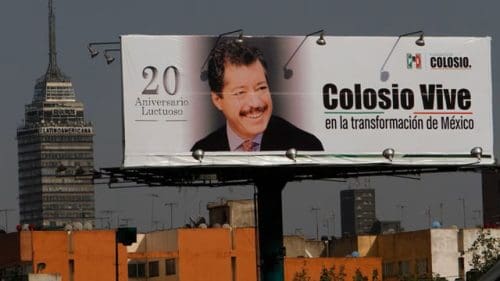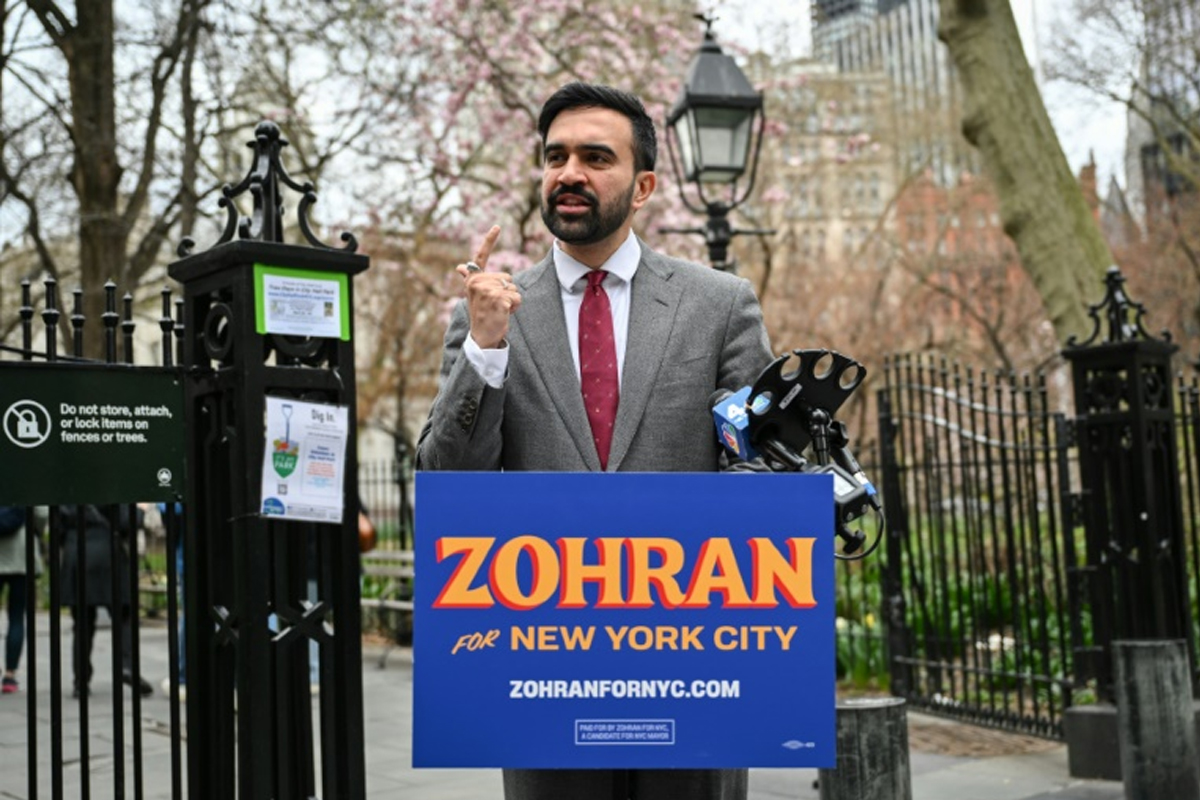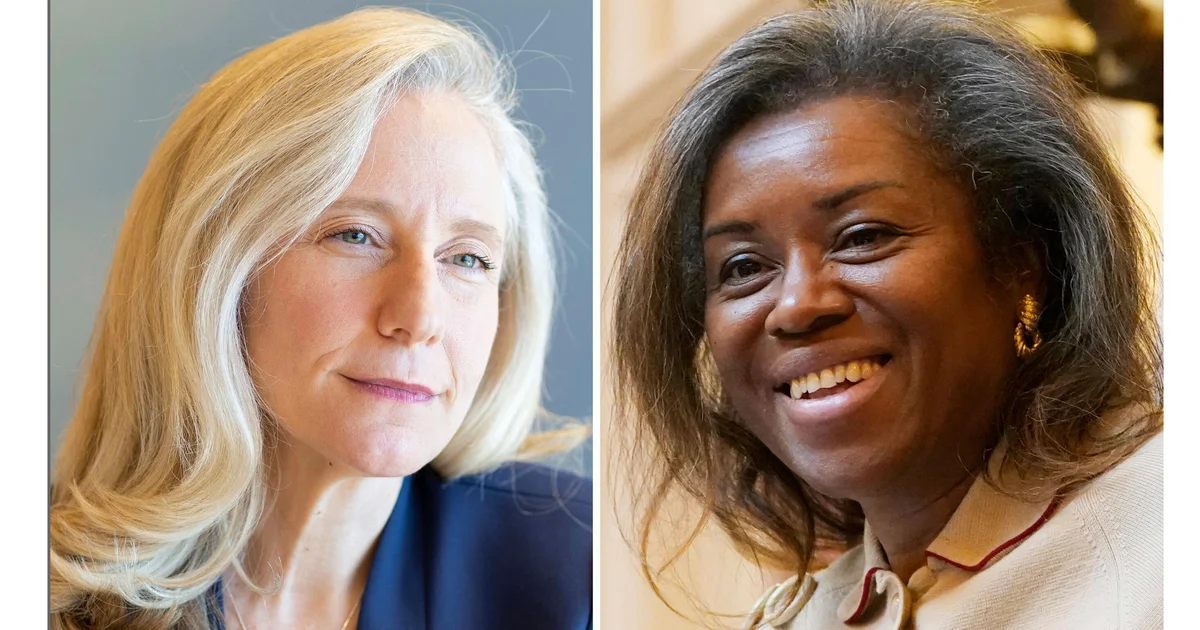Copyright ghanamma

Mexican authorities have arrested a former intelligence agent suspected of involvement in the 1994 assassination of presidential candidate Luis Donaldo Colosio, one of the country’s most notorious unsolved political murders. Jorge Antonio Sanchez Ortega was taken into custody on Saturday, November 2, in Tijuana, Baja California, and brought before a judge, according to judicial sources who spoke with Agence France-Presse (AFP). The arrest comes more than three decades after the killing that continues to haunt Mexico’s political landscape. Colosio, the Institutional Revolutionary Party’s presidential front-runner, was shot dead during a campaign rally in Tijuana on March 23, 1994. The assassination sent shockwaves through Mexico and triggered widespread speculation about possible conspiracies behind the murder. The killing occurred just weeks after Colosio delivered a controversial speech publicly criticizing corruption and entrenched power structures within his own party. His willingness to challenge the political establishment made him both popular with voters and potentially threatening to powerful interests. Mario Aburto Martinez was convicted as the gunman and remains imprisoned as the lone perpetrator. However, questions about whether he acted alone have persisted for decades, with many Mexicans believing a broader conspiracy was involved. The identity of anyone who might have ordered the assassination has never been established. The case has drawn frequent comparisons to the assassination of United States (US) President John F. Kennedy, with similar debates about whether a single shooter could have carried out such a politically significant killing without assistance or direction from others. Sanchez Ortega worked as an agent for the Center of Investigation and National Security (CISEN), Mexico’s former intelligence agency that functioned as the country’s counterpart to the Central Intelligence Agency (CIA). He was initially arrested in connection with the case in 1994 but released the following day. Authorities have not disclosed whether new evidence prompted the latest arrest or what specific role Sanchez Ortega allegedly played in the assassination. The lack of information about what led to his detention adds another layer of mystery to a case that has remained largely unsolved for 30 years. The Colosio assassination marked a turbulent period in Mexican politics. The Institutional Revolutionary Party had dominated the country’s political system for decades, and the murder contributed to growing public disillusionment with the party’s grip on power. The killing also occurred during a year of significant upheaval in Mexico, including the start of the Zapatista uprising in Chiapas and an economic crisis that would soon follow. Colosio’s death robbed Mexico of a leader many believed could have brought meaningful reform to the nation’s political system. Whether this latest arrest will finally provide answers about who orchestrated the assassination remains uncertain. For now, the case continues to symbolize the unresolved questions and suspected cover-ups that have long characterized certain chapters of Mexico’s political history.



